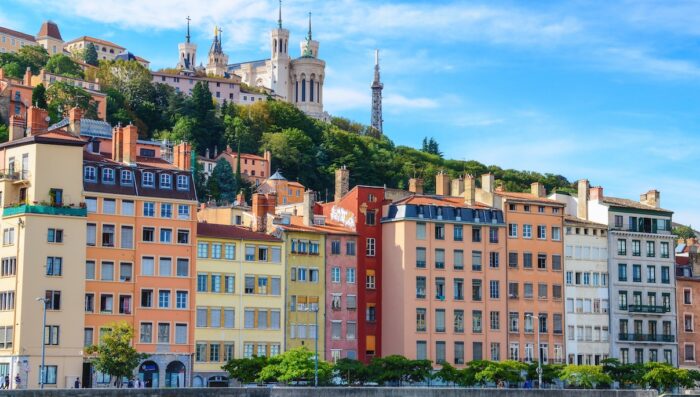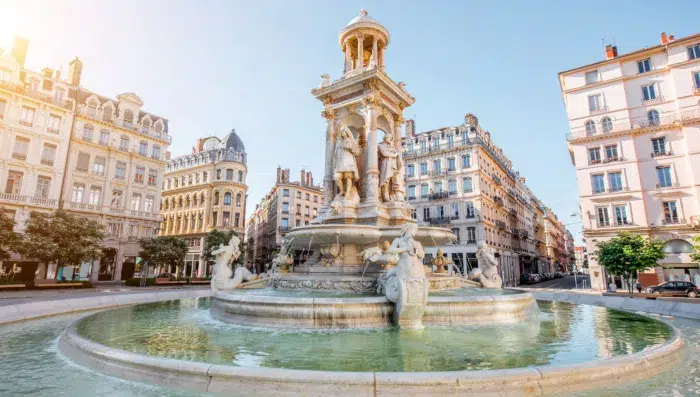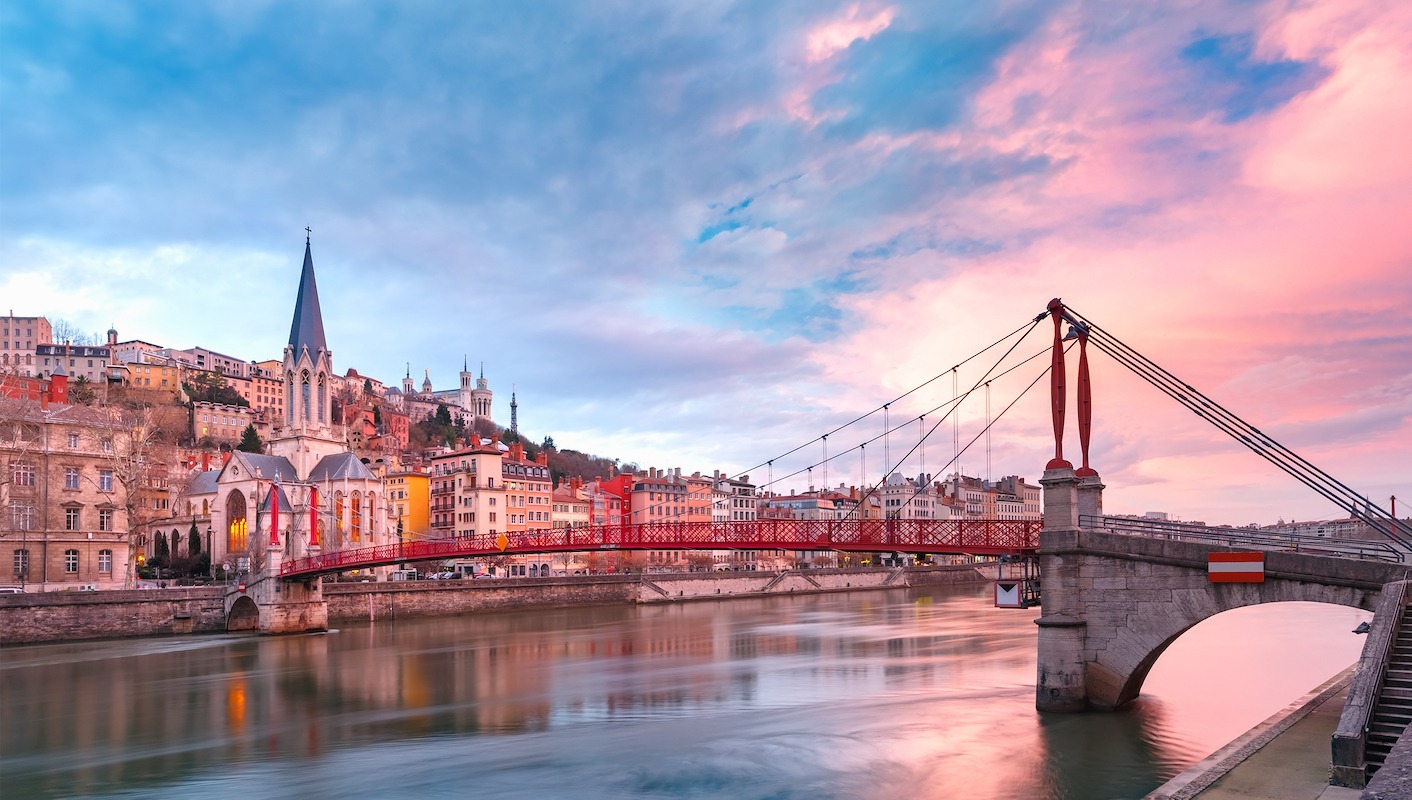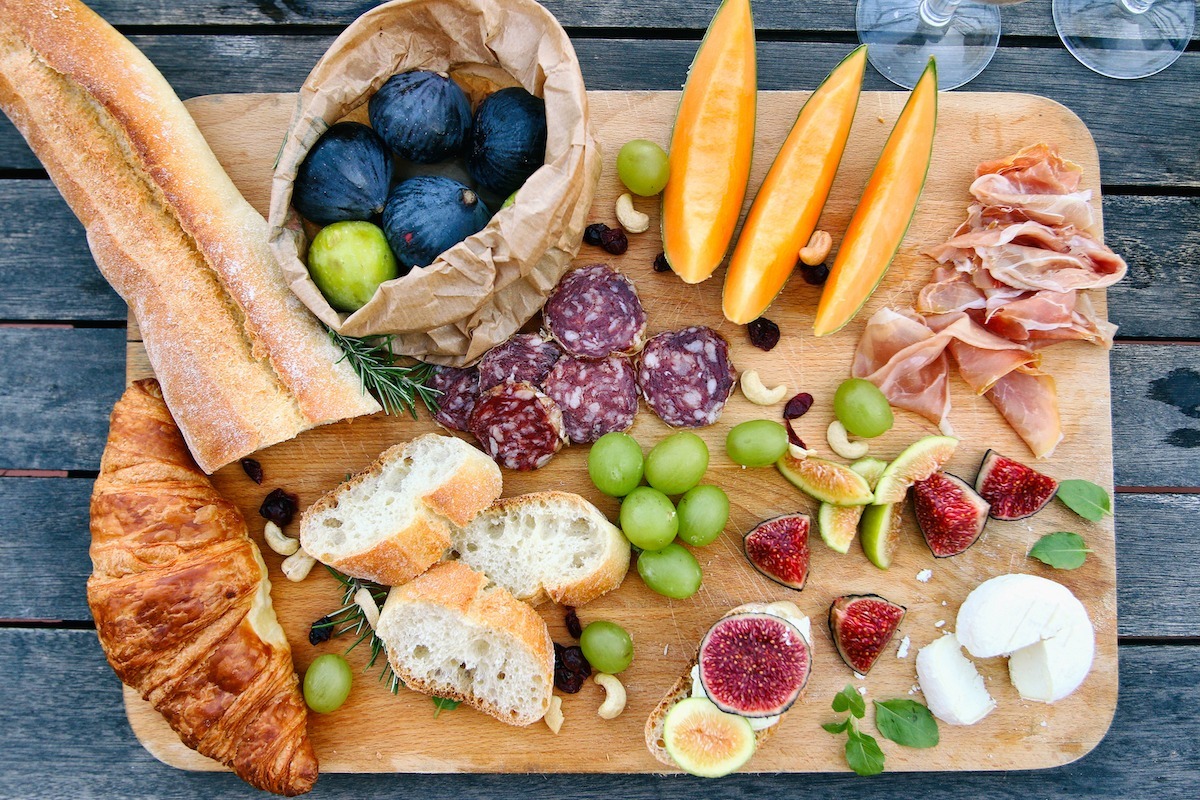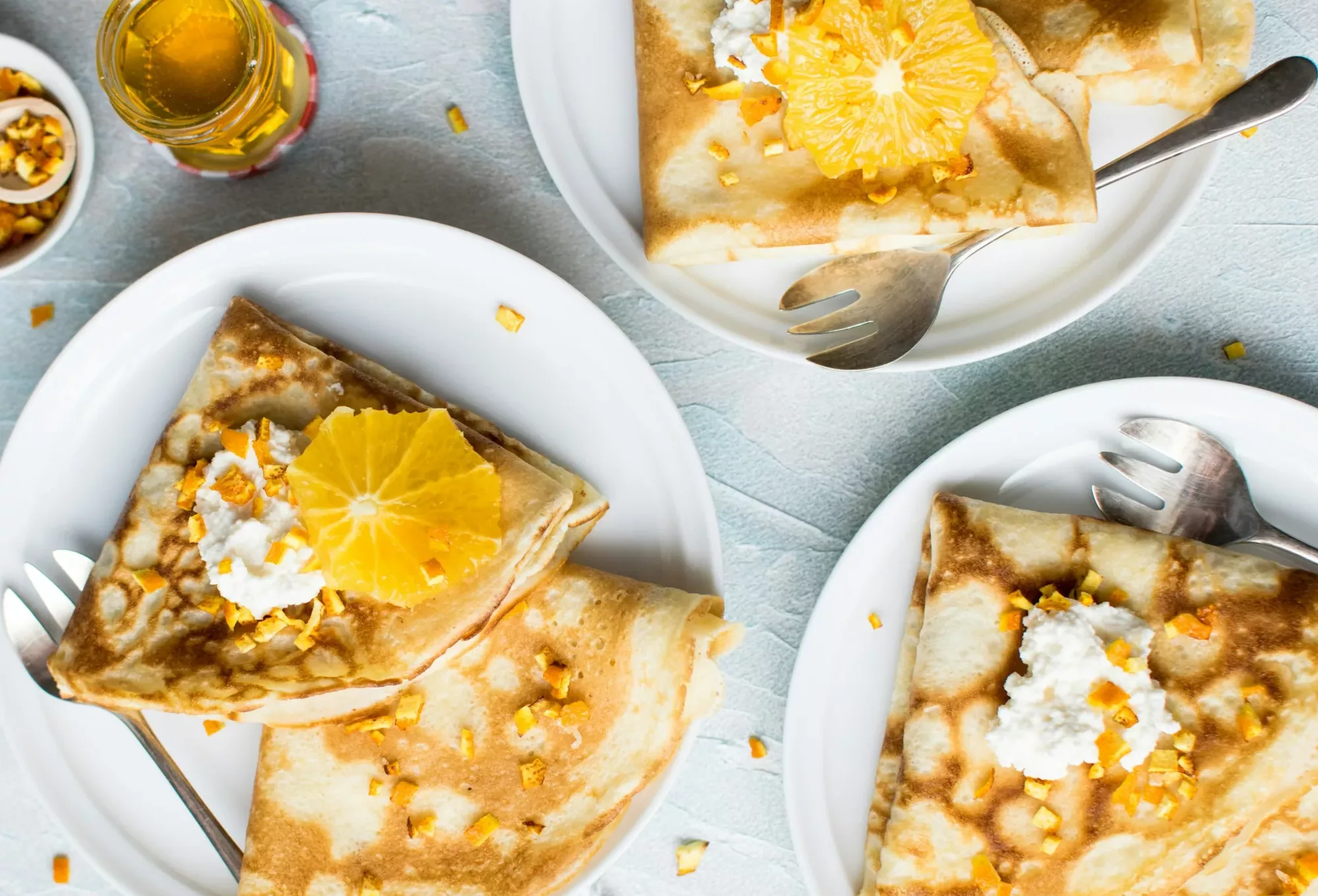Some of our Favorite Tours
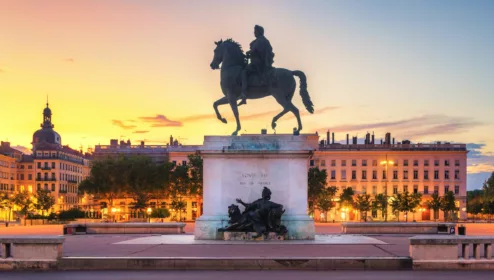
A perfect stay to Lyon
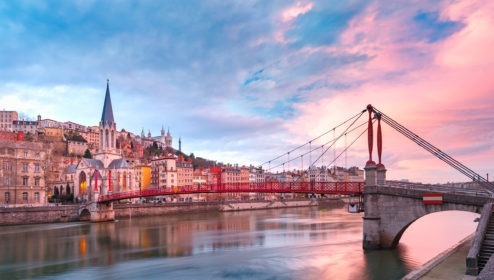
Wine, Culinary Creations, and Charming Sights of Lyon
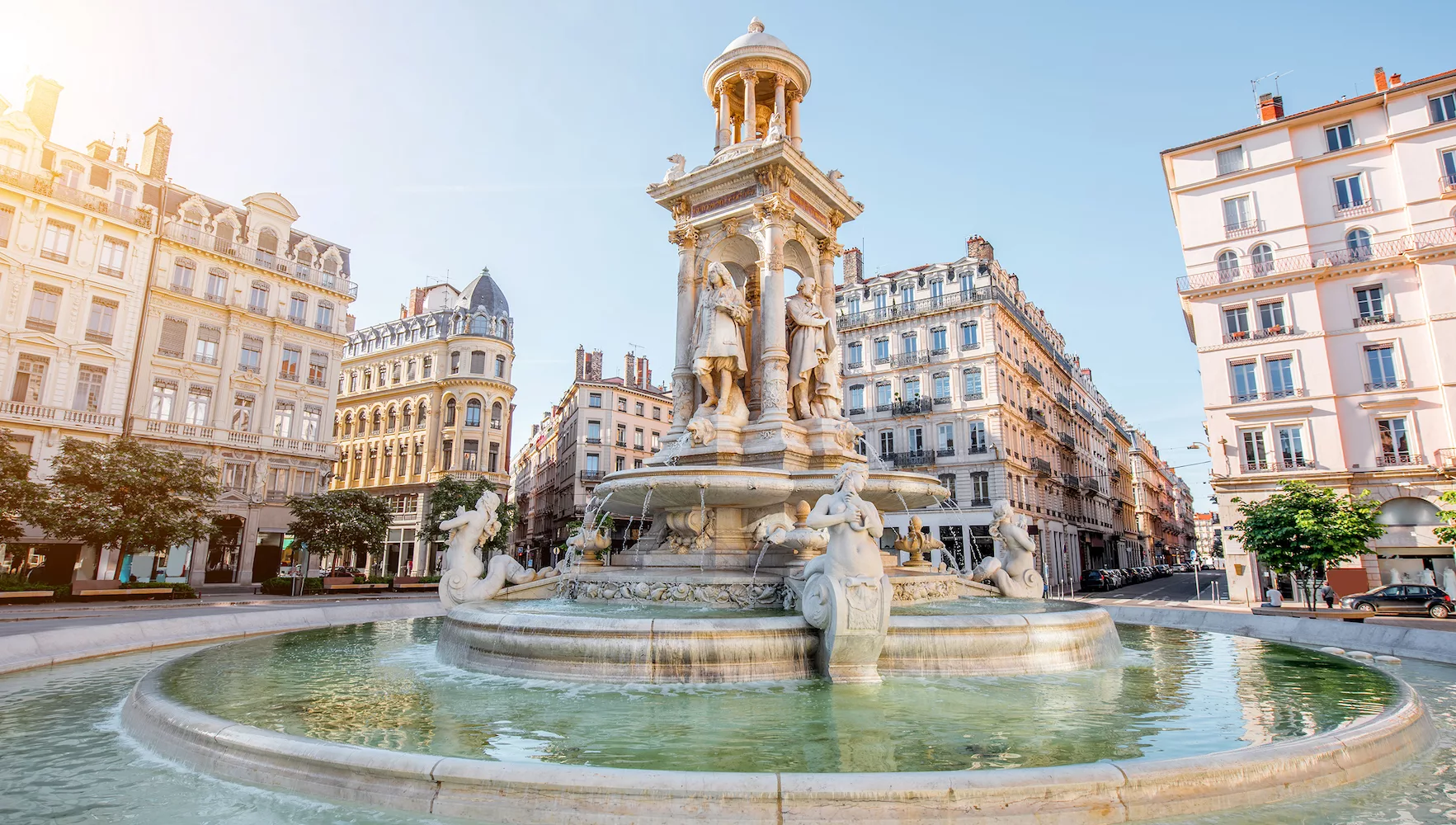
Luxury City Break in Lyon
Lyon in Depth
Get to know Lyon
Lyon is an ancient capital with a vibrant flair located at the convergence of the Saone and the Rhone Rivers. Lauded for its fine cuisine for decades, Lyon is the gastronomic capital of French and boasts the most restaurants per capita in France. Hometown of the famed chef Paul Bocuse, Lyon is known for its delectable specialties including quenelles and coq au vin, chicken braised in red wine. The charming cobblestone streets in Vieux-Lyon and Presqu’île intertwine to create one of the largest and most well-preserved Renaissance neighborhoods in all of Europe. The views from the Basilica of Fourvière reveal the majestic cityscape, dotted with picturesque red rooftops, where on a clear day, it is possible to view the Alps and Mont Blanc in the distance. Art lovers will adore the stunning murals that adorn the city’s walls and transform the streets into a colorful open-air gallery. Whether you are a gourmet food enthusiast, a museum buff, like to wander through the historic districts, or a night owl Lyon is full of possibilities.
History
Lugdunum was founded in 43 BC by the Romans at the convergence of the strategically important Rhone and Saone Rivers. Today, this Roman heritage is still visible in the Ancient Theater of Fourvière, which in the summer becomes a theatrical venue for the annual Nuits de Fourvière festival. The Renaissance in Lyon was a time of cultural and economic prosperity. Lyon became one of the important literary and book publishing centers during the 15th and 16th centuries. Trade with Italy and a 16th-century royal mandate granting it a monopoly on silk manufacturing in France, set up the basis of Lyon’s industry for centuries to come. The French Revolution put an end to this urban expansion and the city became increasingly industrial. Today it is an economic powerhouse and home to many banking, chemical, and biotechnical companies.
When To Visit Lyon:
Lyon can be visited year-round. Summers are high season and warmest. Late spring and early fall have lovely weather. In December, Lyon is illuminated by hundreds of light performances during the annual weekend festival, La Fête de Lumières. The population gathers together in the charming, old streets to watch stunning light displays, which are created by some of the world’s leading artists. This makes for a unique, unmissable winter experience.
The weather in Lyon varies greatly depending on the season with temperatures averaging 80 degrees in the summer months to 30s during the winter. The winters are cold and dry, while summers have more precipitation, the region is fairly dry year-round.
Logistics:
The small but lovely Jardin des Curiosités, a local secret, offers stunning views of the city in a peaceful setting. Don’t forget to try some local artisanal Voisin Chocolates. Made locally in a Lyonnaise factory they are available in beautiful retail shops all across the city. One of the joys of visiting Lyon is stumbling on the Traboules. Coming from the Latin trans-ambulare or passthrough, these secret tunnels and courtyards can still be found in the Vieux-Lyon. Over 400 still exist and 40 are accessible to the public. The passageways allowed quick access to the river.
By Train:
It takes about two hours to reach Lyon from Paris by high-speed TGV train.
By Plane:
The closest airport to the city center is Lyon Saint Exupéry, which is located about 20 minutes outside the city. The flight from Paris to Lyon is around an hour. It also has direct connections to many of Europe’s most important hubs.
Experience Lyon
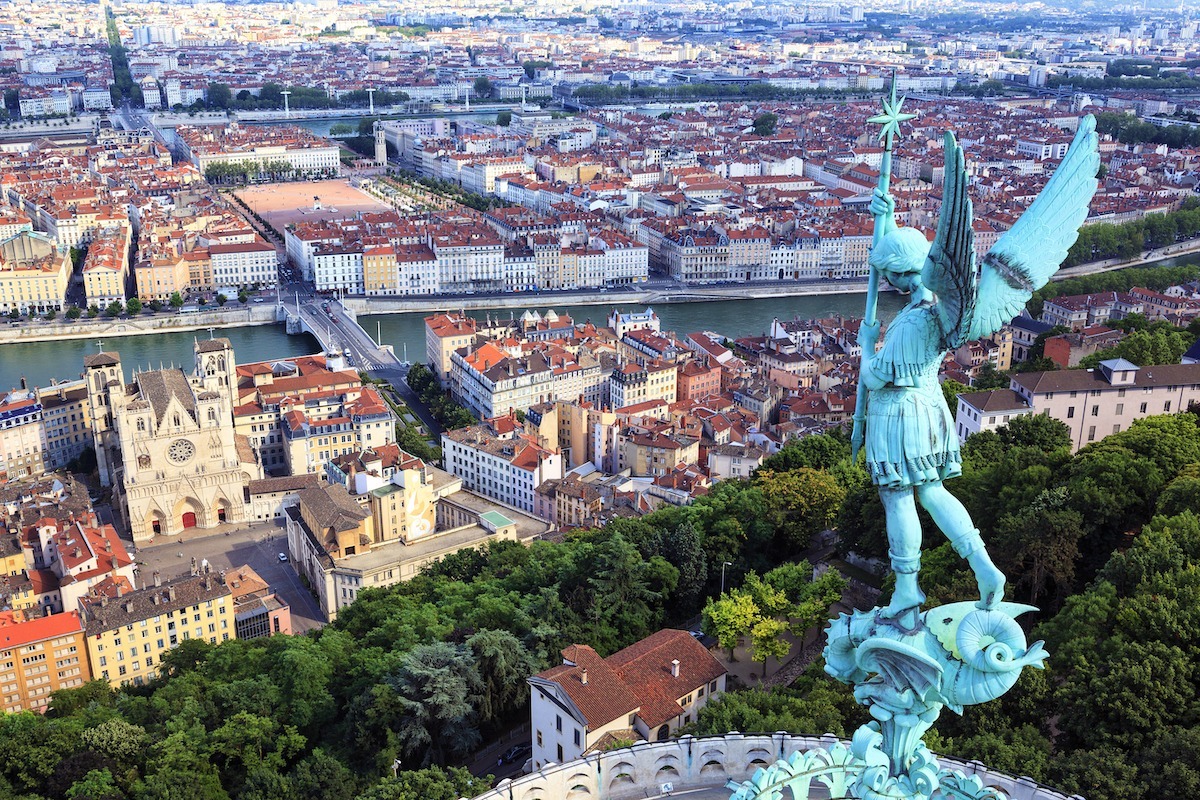
Vieux Lyon and Presqu'Île
Lyon’s oldest neighborhoods and UNESCO World Heritage sites, Vieux Lyon and Presqu’île, offer old-world charm with modern luxuries. The curving cobblestone alleys of the Vieux Lyon lie on the west bank of the Saone River. It offers fantastic architecture, with one of Europe’s best-preserved Renaissance neighborhoods in Europe, colorful Italian-influenced buildings, and a smattering of Gothic and Medieval architectural influences. The streets are lined with elegant wine bars, tranquil cafes, and Traboules, hidden passageways waiting to be discovered. Presqu’ile is a historic neighborhood located on the thin peninsula between the Saone and the Rhone. Greatly transformed during the 19th century, the area stretches from Place Bellecour, Europe’s largest pedestrian square, to Place des Terreaux, which is bordered by the Hôtel de Ville and the Musée des Beaux-arts (Fine Arts Museum). The 19th-century fountains and monuments are a testament to the opulence of Lyon’s bourgeoisie. After dark, its iconic fountains and monuments are bathed in light. Some of the best shopping in the city can be found here on the rue Victor Hugo and south of the Rue de la Republique.
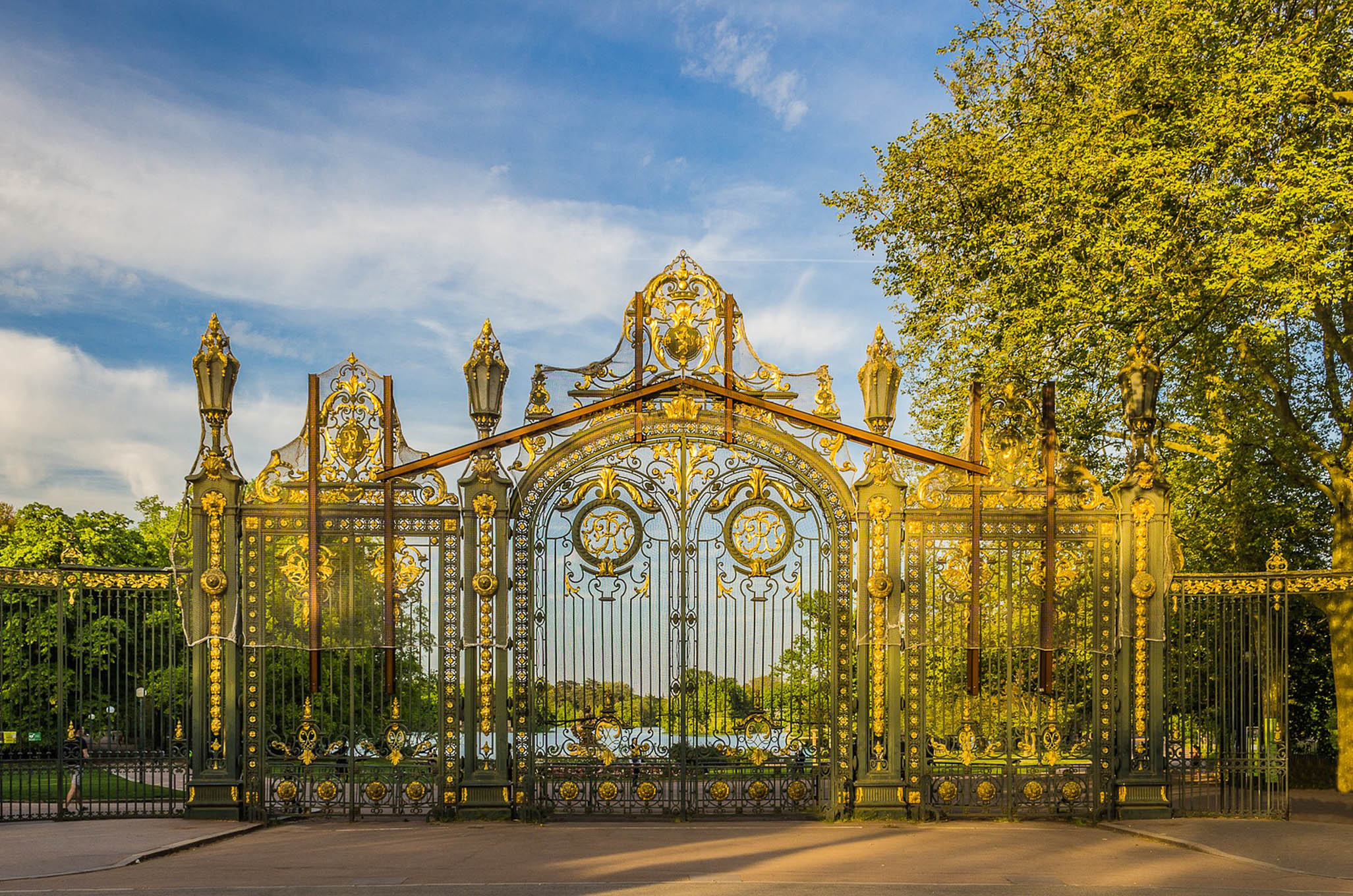
Parc de la Tête d'Or
With over 290 acres of green rolling terrain, Parc de la Tête d’Or, France’s largest urban park, is a favorite location of locals and visitors. In the summer months, boats frequent the vast lake while cyclists and joggers run along winding trails. In the center of the park, there is a small zoo with exotic animals including zebras, giraffes, and lions. Fragrant flowers are found throughout this beautiful park, including a stunning botanical garden and rose garden. Families will enjoy the carousel, mini-karting, and horse and carriage rides.
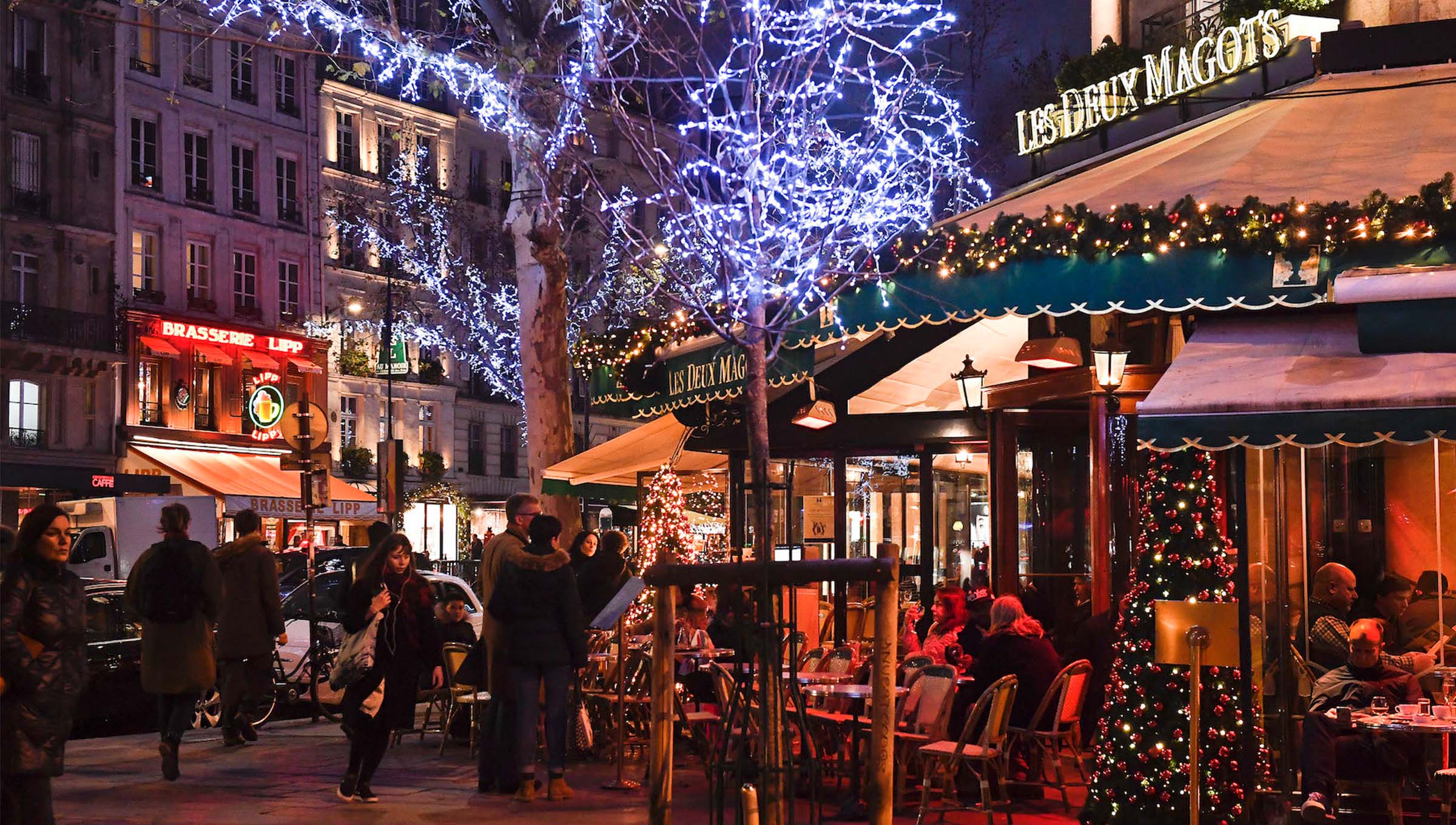
Bouchon
While Lyon has many upscale dining establishments, historic bouchons are are key part of its culinary legacy. Located throughout the older neighborhoods, the Bouchons are rustic family restaurants found only in Lyon. They serve traditional and hearty Lyonnaise cuisine at an inexpensive price.Look for an emblem in the restaurants’ windows, indicating that you are at one of the Les Bouchons Lyonnais. The Chamber of Commerce authenticates and awards this marker to the best traditional establishments. These eateries originated when silk traders used to stop at these inns to eat and groom their horses. Their menus are usually limited but always offer authentic Lyonnais staples.
Hotels & Villas

Hotel Globe et Cecil

Abbaye de Talloires
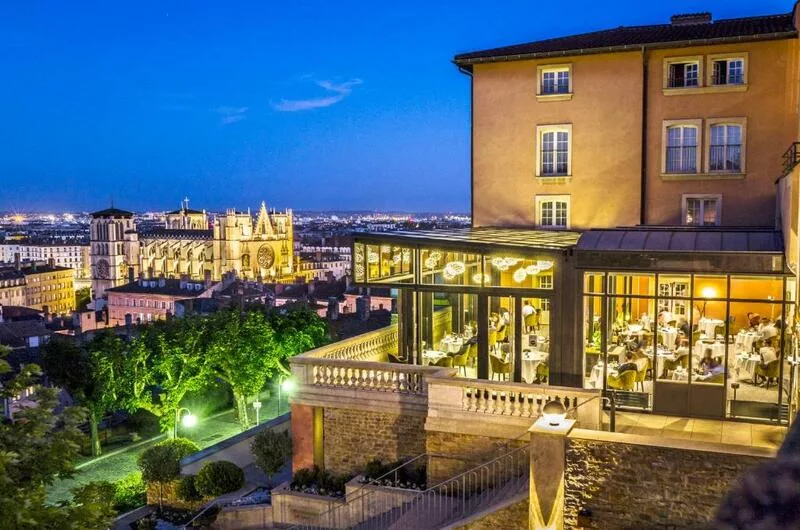
Villa Florentine
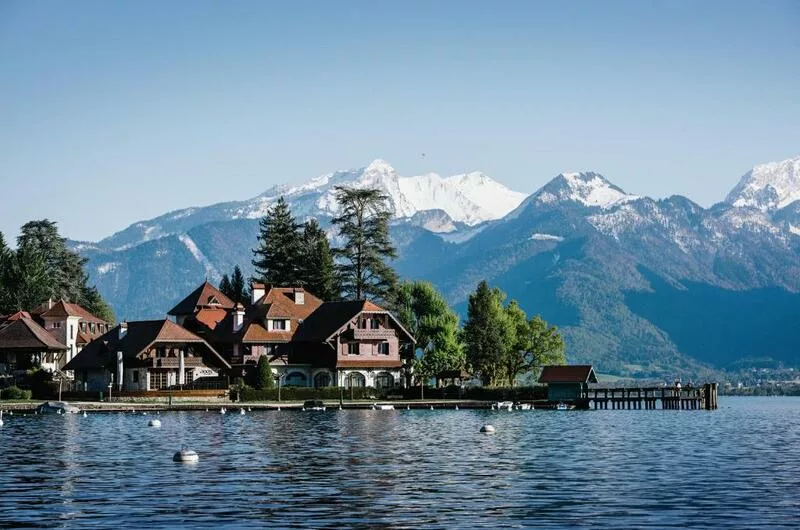
Hotel Restaurant Auberge du Pere Bise
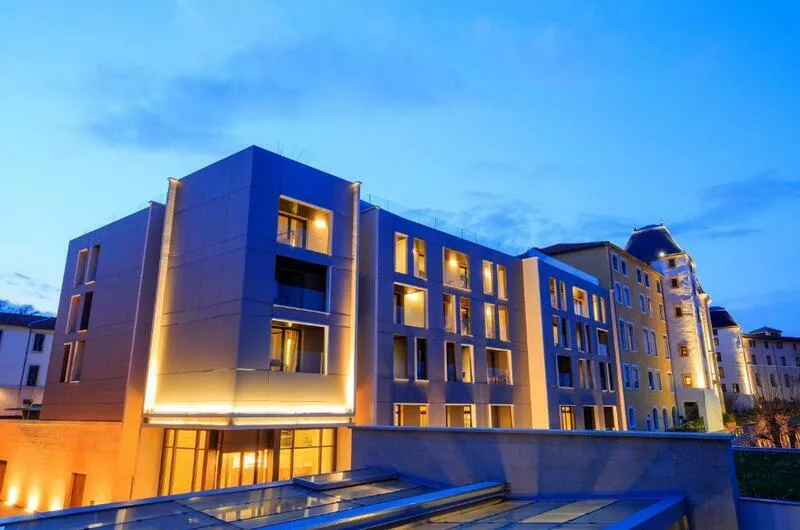
Villa Maia
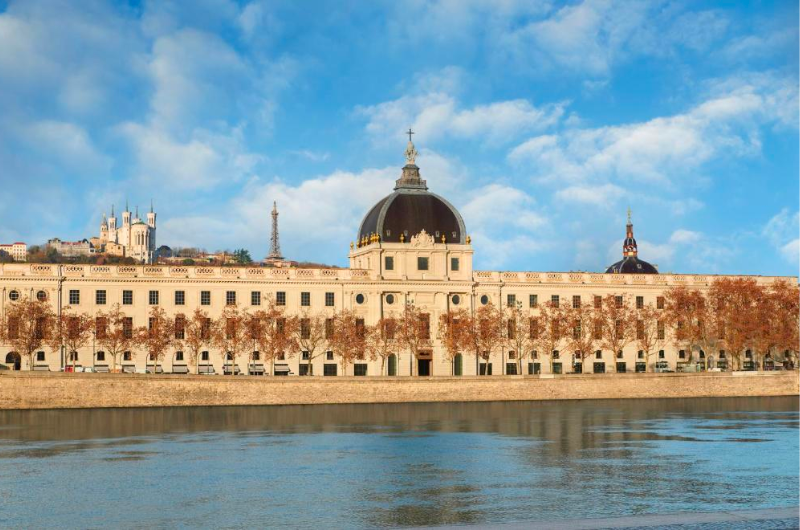
Intercontinental Lyon - Hotel Dieu
What Our Clients Are Saying
Why French Side Travel?
Award-Winning Expertise
Local Knowledge, Tailored to You
Authentic French Immersion
Round-the-Clock Support
Worry-Free, Tailor-Made Travel
Our Partners and Awards


